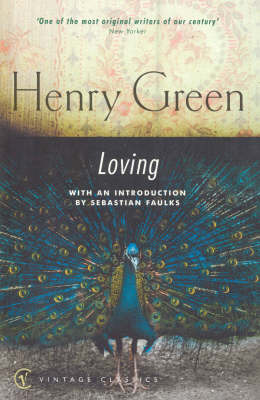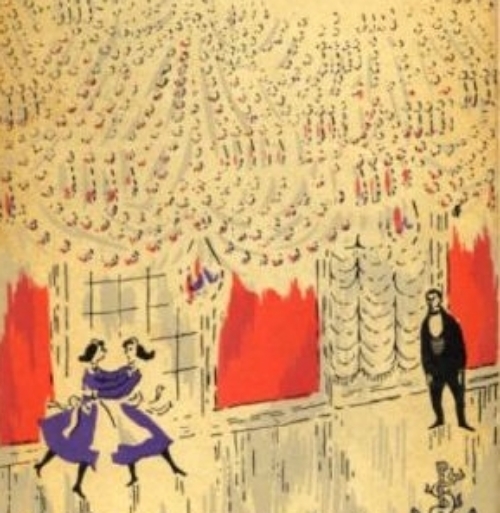What do you think?
Rate this book


206 pages, Paperback
First published January 1, 1945
Both girls giggled. The sky was overcast so that the light was dark as though under water. The afternoon was warm. It was the first afternoon to be warm since autumn. Though they could not see them the peacocks below were beginning to parade.
This time she actually got up in haste and did no less than sit on his knee.
‘You don’t love me,’ she murmured. When he kissed her she kissed him back with such passion, all of her hard as a board, that he flopped back flabbergasted, having caught a glimpse of what was in her waiting for him.




Once upon a day an old butler called Eldon lay dying in his room attended by the head housemaid, Miss Agatha Burch. From time to time the other servants separately or in chorus gave expression to proper sentiments and then went on with what they had been doing.
One name he uttered over and over, ‘Ellen.’
They were wheeling wheeling in each other’s arms heedless at the far end where they had drawn up one of the white blinds. Above from a rather low ceiling five great chandeliers swept one after the other almost to the waxed parquet floor reflecting in their hundred thousand drops the single sparkle of distant day, again and again red velvet paneled walls, and two girls, minute in purple, dancing multiplied to eternity in these trembling pears of glass.